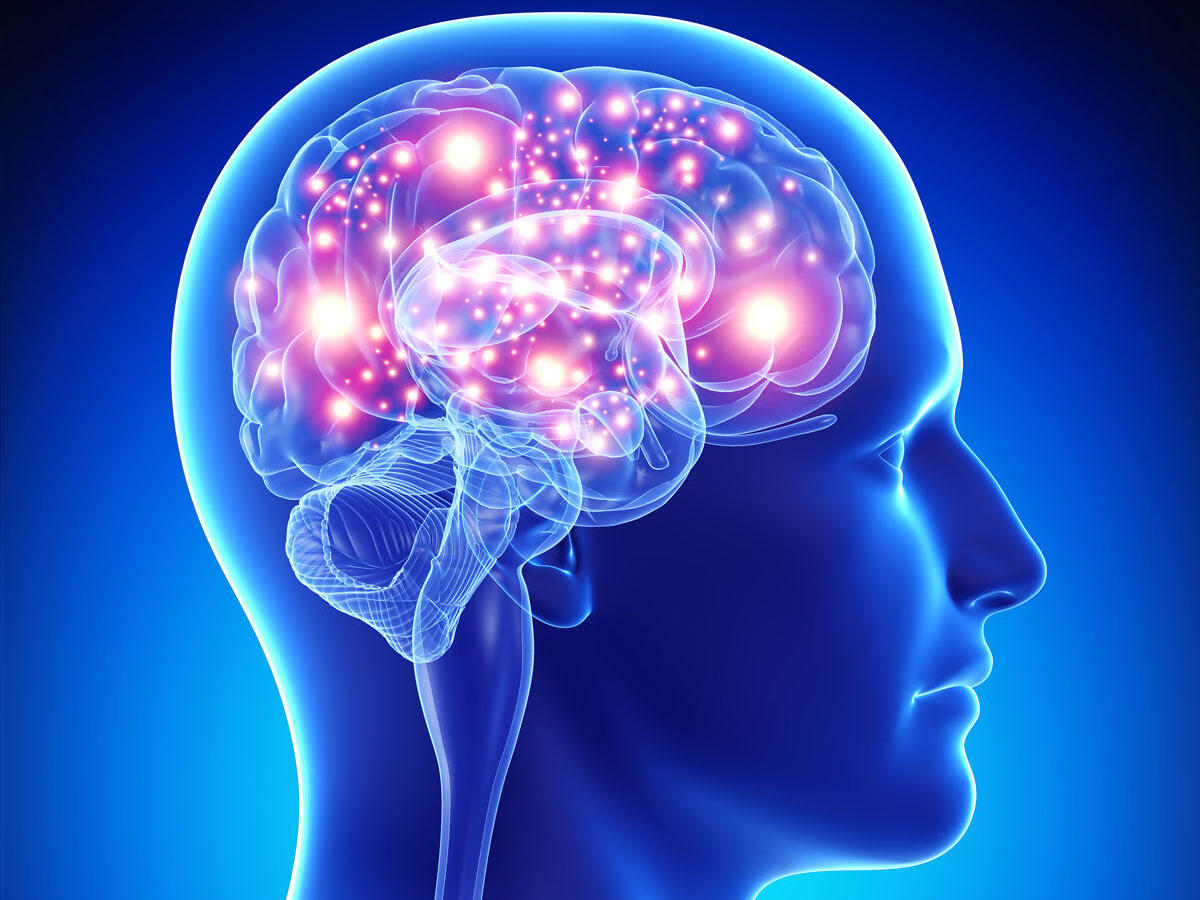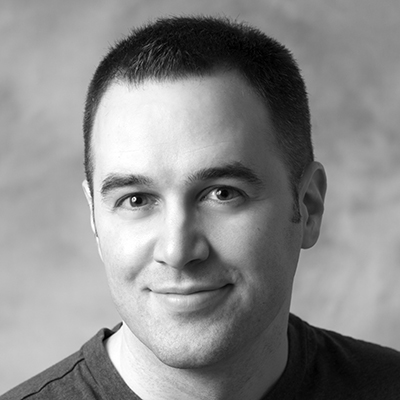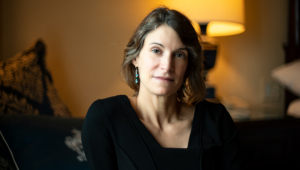Shulman Seminar: Metaphysics Meets Cognitive Science

Course Description:
The premise (and promise) of cognitive science is that we will come to understand ourselves better by integrating the insights and contributions from multiple fields of inquiry. This interdisciplinary project has been especially vibrant when it has explored the intersection of philosophy and psychology (for example when work in ethics integrates empirical work from moral psychology, or when work in the philosophy of mind integrates neuroscientific studies of consciousness). But cognitive science has interacted far less with the study of *metaphysics*—the philosophical exploration of topics such as time, causation, and possibility. This may seem surprising, since there has been a great deal of fascinating empirical research on the mental representations and cognitive processes involved in such topics. Accordingly, this seminar attempts to bridge this gap, exploring potential interactions between these fields.
In particular, we explore the possibility of a ‘cognitive metaphysics’, in which each field is enriched by consideration of the other. How might metaphysical theories raise questions or identify concepts of interest to working cognitive scientists? How might empirical studies from cognitive science on the nature of seeing and thinking contribute to the study of metaphysics? Specific topics likely include the ways in which we understand the nature (in both the mind and the world) of space, time, objects, events, causality, persistence, and possibility. (And along the way, we also consider some more particular topics, such as the asymmetry between past and future experience, the apparent backwards causation in the context of Newcomb’s puzzle, and why the present seems special.)
Led By:
 |
Professor Brian SchollBrian Scholl is Professor of Psychology and Chair of the Cognitive Science Program at Yale University, where he also directs the Perception & Cognition Laboratory. He and his research group, funded by NSF, NIH, and ONR, work on several topics in cognitive science, with a special focus on how we see and how we think, and how perception interacts with (and provides a foundation for) other aspects of our mental lives. He is a recipient of the Distinguished Scientific Award for Early Career Contribution to Psychology, and the Robert L. Fantz Memorial Award, both from the American Psychological Association, and is a past President of the Society for Philosophy and Psychology. He has also lectured for One Day University, and has been featured regularly on Brain Games on the National Geographic Channel. At Yale he has also served as Director of Undergraduate Studies for Cognitive Science, and has great fun teaching the ‘Introduction to Cognitive Science’ course. He is currently the only faculty member at Yale to have received both the major prize from the Graduate School (the Graduate Mentor Award) and the major prize in the social sciences from Yale College (the Lex Hixon Prize for Teaching Excellence in the Social Sciences). Before coming to Yale, he received a B.A. in Computer Science from Carleton College, a Ph.D. in Experimental Psychology from Rutgers (working with Zenon Pylyshyn), and did postdoctoral work at the Harvard Vision Sciences Laboratory (working with Ken Nakayama). |
 |
Professor L. A. PaulL.A. Paul is the Millstone Family Professor of Philosophy and Professor of Cognitive Science at Yale University, and leads the Self and Society Initiative for Yale’s Wu Tsai Institute. Her research explores questions about the nature of the self, decision-making, temporal experience, philosophical methodology, causation, causal experience, time and time’s arrow, perception, mereology, constitution, and essence. She is the recipient of fellowships from the Guggenheim Foundation, the National Humanities Center, and the Australian National University. She is also the author of three books, including Transformative Experience (Oxford University Press, 2014), and Causation: A User’s Guide (Oxford University Press, 2013), which was awarded the American Philosophical Association Sanders Book Prize. In 2020 she received the Dr. Martin R. Lebowitz and Eve Lewellis Lebowitz Prize for Philosophical Achievement and Contribution from the American Philosophical Association and Phi Beta Kappa Society. Her work on transformative experience has been covered in major media venues such as The New York Times, The Wall Street Journal, The New Yorker, The Guardian, The Times Literary Supplement, Slate, the LA Times Book Review, NPR, and the BBC, and explored artistically, in “The Missing Shade of You”, a dance and spoken word performance by the Logos Dance Collective, performed in New York City in 2017 and in the documentary film “Comfort Zone”, about off-piste/extreme skiing in Scotland. She is currently working on a book, under contract with Farrar, Straus and Giroux, about self construction, transformative experience, humility, and fear of mental corruption. |